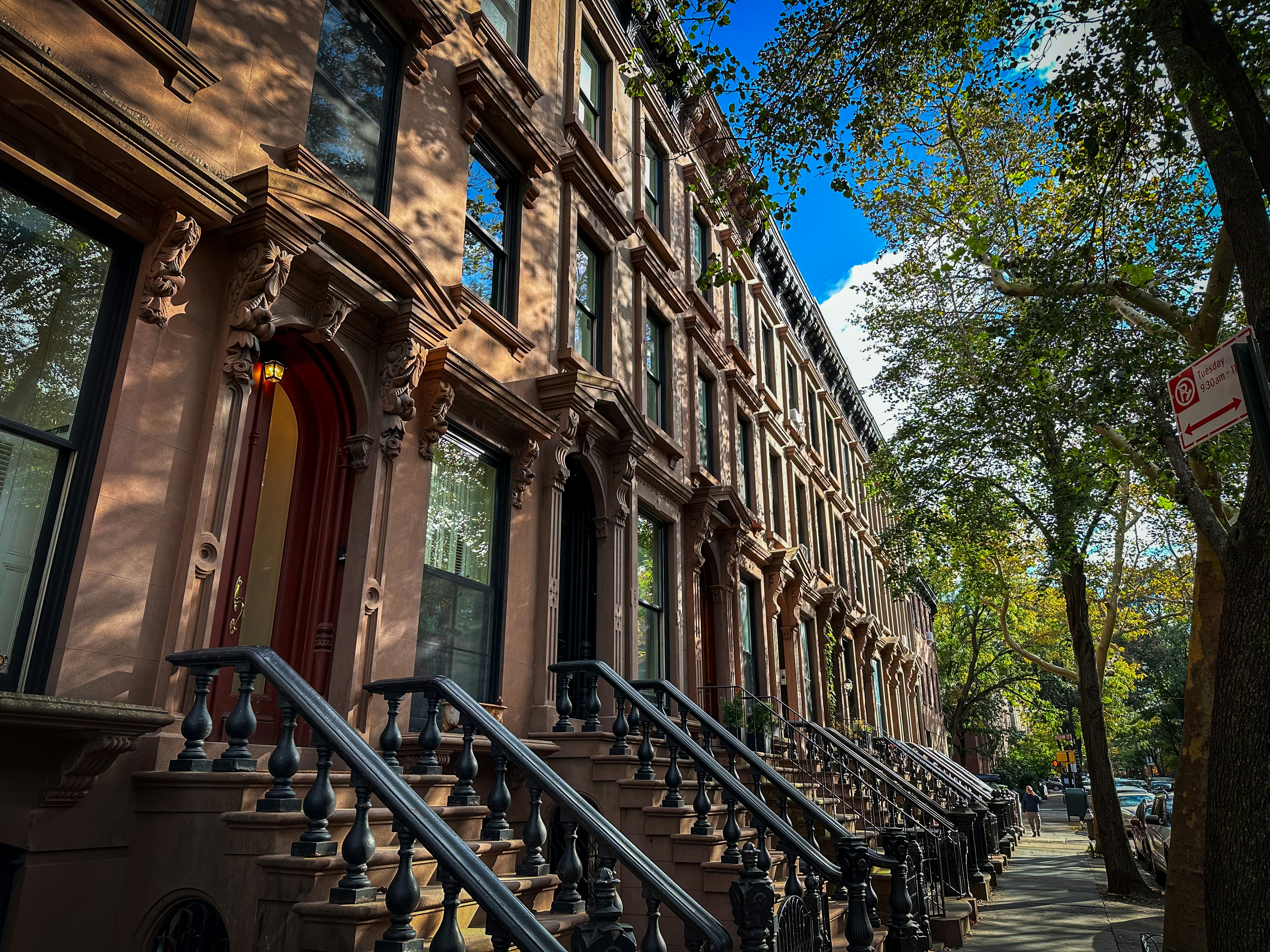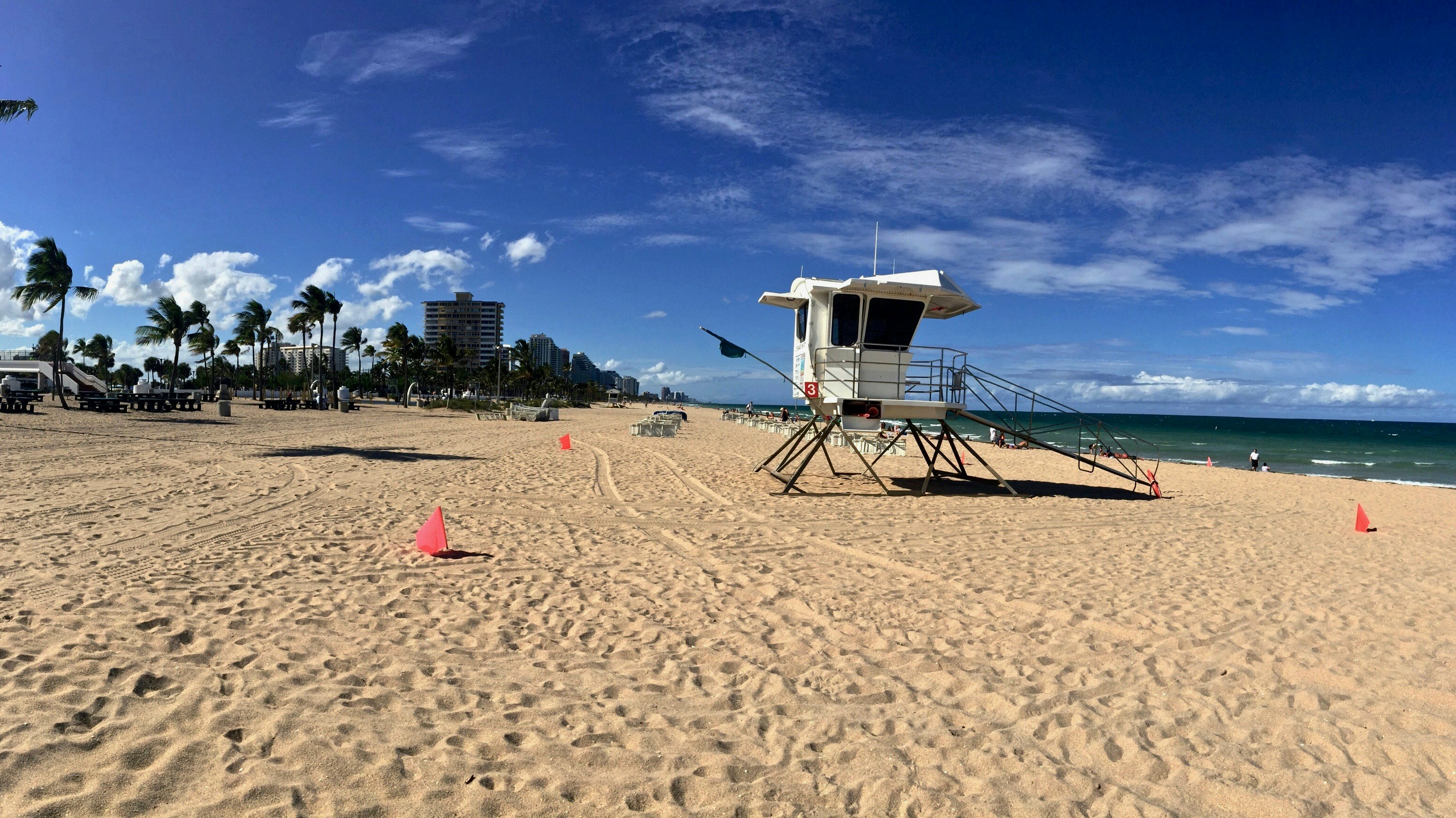Finding a place that feels like home means balancing budget, belonging, and a sense of community. For many LGBTQ+ people, the dream is to live...
Welcome to your ultimate gay’s guide to Las Vegas, a complete resource for the LGBTQ+ community who’re thinking about calling the desert home. Whether you’re...
New York City has long been one of the most welcoming and vibrant places for the LGBTQ+ community. Whether you’re looking for iconic gay neighborhoods...
When it comes to progressive values, inclusive communities, and a strong commitment to equality, few places in the United States compare to Massachusetts. Known as...
If you’ve been searching for a community where LGBTQ+ residents can thrive, feel celebrated, and find true belonging, Wilton Manors should be at the top...
When talking about “gay Dallas,” people are talking about more than just its nightlife. They’re talking about a modern, opportunity-rich city with a visible LGBTQ+...
Finding a home as an LGBTQ+ individual or couple involves far more than evaluating price, location, or square footage. It’s about choosing a space that...
Relocating to a new city is exciting, but for LGBTQ+ homebuyers, finding a community where you can feel truly welcomed is essential. Across the United...
If you're an LGBTQ+ couple looking to buy your first home, there are plenty of gay neighborhoods in Portland and some may already be on...














